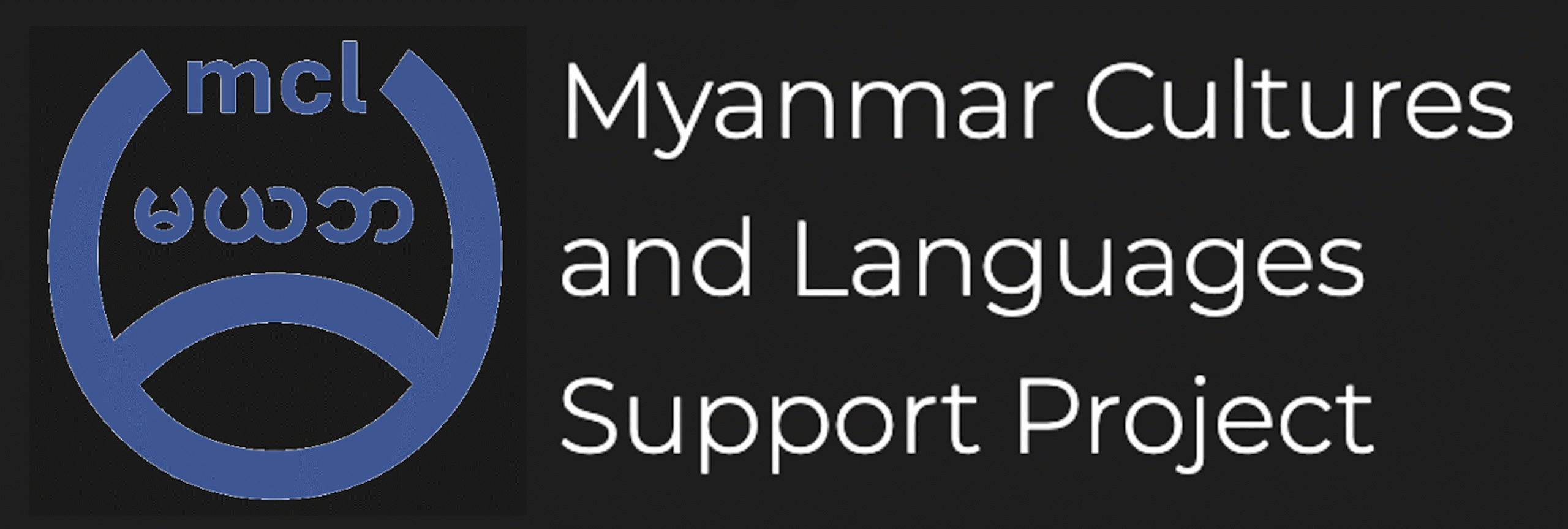2011-2020: Öffnung Myanmars
Nach der Unabhängigkeit Burmas von Grossbritannien 1948 gab es eine kurze Zeit der freien Demokratie, bis sich General Ne Win 1962 an die Macht putschte. Darauf folgten Jahrzehnte Unterdrückung des Volkes und Krieg gegen die verschiedenen Ethnien im Land, zu denen auch die Mon gehören.
Seit das Militär 2011 die Macht an eine vorerst quasi-zivile Regierung aus Ex-Generälen übergab setzte eine kontinuierliche Öffnung des Landes und Normalisierung des Lebens ein, zusammen mit weitgehenden Waffenstillstandsabkommen zwischen der burmesischen Armee und den verschiedenen Völkern. Dies brachte mehr Bewegungsfreiheit und wirtschaftliche Möglichkeiten für die lokale Bevölkerung und machte Myanmar eine beliebte Destination für Touristen und Investoren aus aller Welt.
Der überwältigende Wahlerfolg von Aung San Suu Kyis NLD (National League for Democracy) brachte erstmals eine echte zivile Regierung (wenn auch mit in der Verfassung festgeschriebener Beteiligung des Militärs) und weitere Lockerungen, vor allem in Bezug auf Zensur in Druckmedien und Internet. Der Preissturz von Mobiltelefonen und SIM-Karten (eine SIM-Karte kostete 2012 noch über 200 USD, 2014 noch 1 USD) führte zu einer explosionsartigen Verbreitung von Internetzugang in der Bevölkerung. Plötzlich hatte jeder und jede ein Mobiltelefon und war auf sozialen Medien unterwegs, inklusive Zugang zu unzensierten Nachrichten. Myanmar schien einige Jahre auf dem Weg zu einer echten Demokratie. Forschung im Land war erstmals offiziell in Kooperation mit lokalen Universitäten möglich, und zahlreiche Forschungsprojekte wurden von verschiedenen Abteilungen der Universität Zürich durchgeführt, insbesondere auch zu Sprachen und Kulturen Myanmars.


2017: Eskalation der Verfolgung der Rohingya
Die muslimischen Rohingya, die seit Jahrhunderten im Rakhine-Staat in Westmyanmar leben, waren seit dem Militärputsch 1962 unter Druck. In den 1980er Jahren wurde der Mehrheit der Rohingya die Staatsbürgerschaft entzogen, wodurch sie keinen Zugang zu öffentlichen Diensten und Bildung mehr hatten und als illegale Immigranten galten. Gestützt durch fundamentalistische buddhistische Mönche förderte die Armee den Hass in der buddhistischen Bevölkerung und startete Hetzkampagnen gegen Muslime im Land. Die Tragödie gipfelte im Auftritt der ehemaligen Friedensikone und Nobelpreisträgerin Aung San Suu Kyi 2019 vor dem Internationalen Gerichtshof in Den Haag, wo sie das Militär gegen die Vorwürfe des Genozids verteidigte. Das Image von Aung San Suu Kyi und von Myanmar hat dadurch bleibenden Schade genommen und das Vertrauen der westlichen Regierungen in die burmesische Demokratiebewegung geschwächt. Es wurde offensichtlich, dass die offensichtlichen Verbesserungen in fast allen Bereichen nur oberflächlich waren, und dass die Armee im Hintergrund weiterhin ihren weitverzweigten Geschäften, legal und illegal, nachging. Wirkliche und weitgehende Rechte für nicht-burmesische Völker waren anscheinend auch für Aung San Suu Kyi keine Priorität im Entwicklungsprogramm.

2020/2021: Corona und Militärputsch
Im März 2020 beschloss die Regierung Myanmars wegen den steigenden Corona-Infektionen weltweit, die Landesgrenzen zu schliessen und keine Gäste mehr ins Land zu lassen. Dies war ein harter Schlag für die seit einigen Jahren aufkommende Tourismusindustrie, sowie für internationale Zugsamenarbeit auf allen Ebenen.
Nachdem die Partei von Aung San Suu Kyi (NLD) im November 2020 erneut einen Erdrutschsieg bei den Parlamentswahlen errungen hatte, meldete die Armee Zweifel an der Wahl an und übernahm in einem Staatsstreich am 1.2.2021 erneut die Macht. Aung San Suu Kyi, der Präsident U Win Myint und andere gewählte Regierungsmitglieder und Parlamentarier wurden verhaftet, der Armeechef Min Aung Hlaing setzte sich an die Spitze des Landes. Die Bevölkerung Myanmars war nicht bereit, die in den vorangehenden Jahren gewonnenen Freiheiten und Möglichkeiten wieder aufzugeben und es formierte sich eine landesweite starke Opposition. Die Verwaltung und das Finanzwesen brachen zusammen, die schon durch ein Jahr Corona geschwächte Wirtschaft kollabierte, und das schon immer unzureichende Gesundheitswesen brach praktisch vollständig zusammen. Verschlimmert wurde die Lage durch gezielte Verhaftungen und Tötungen von Gesundheitspersonal durch das Militär und die Polizei, sowie durch Beschlagnahmung von Sauerstofftanks und Medikamenten. Myanmar versinkt zunehmend in Chaos und Verzweiflung.


Nach 2021: Wie weiter?
Zurzeit ist absolut unabsehbar, wie die mittelfristige Zukunft Myanmars aussehen wird. Das Militär war offensichtlich nicht in der Lage, das Land zu regieren, geschweige denn, die Pandemie zu kontrollieren. Der Widerstand im Land ist ungebrochen, und verschiedene Gruppen greifen vermehrt zu Waffen, zum ersten Mal in der Geschichte des Landes auch ethnische Burmesen. Die Lokalverwaltung steht still, Schulen und Universitäten sind geschlossen oder haben keine Schüler, das Lehrpersonal ist im Aufstand, auf der Flucht oder in Haft. Eine Gruppe von gewählten Parlamentariern hat ein Schattenparlament (Committee Representing the Pyindaunsu Hluttaw, CRPS) und eine Schattenregierung (National Unity Goverment, NUG) gebildet und hält die Arbeit der Ministerien so gut wie möglich online aufrecht. Das Bildungsministerium bietet online Unterricht an und erreicht so eine grosse Zahl von Studierenden im Untergrund. So unsicher die Zukunft Myanmars ist, die neue föderalistische Struktur des NUG lässt Raum für Hoffnung auf eine echte und nachhaltige Demokratisierung des Landes. Rufe immer mehr nicht nur für die Freilassung der gewählten Führer, sondern auch für gleiche Rechte für alle Völker in Myanmar, inklusive der Rohingya, werden im Volk lauter und sind auch anerkannte Ziele des NUG.

